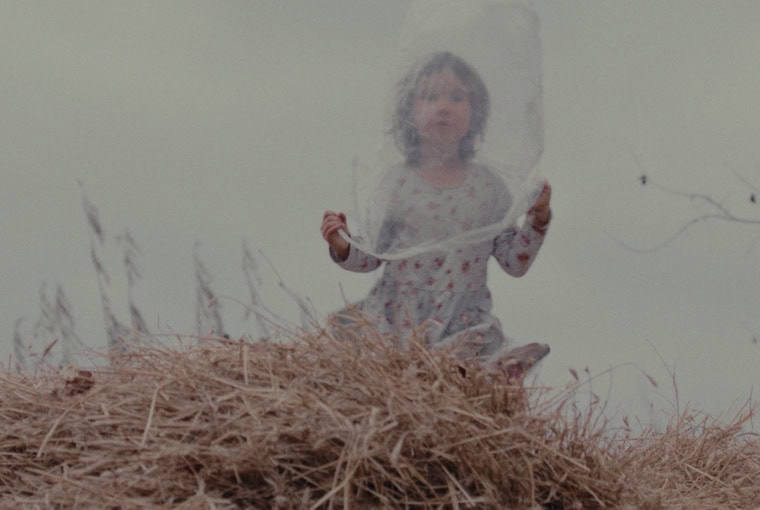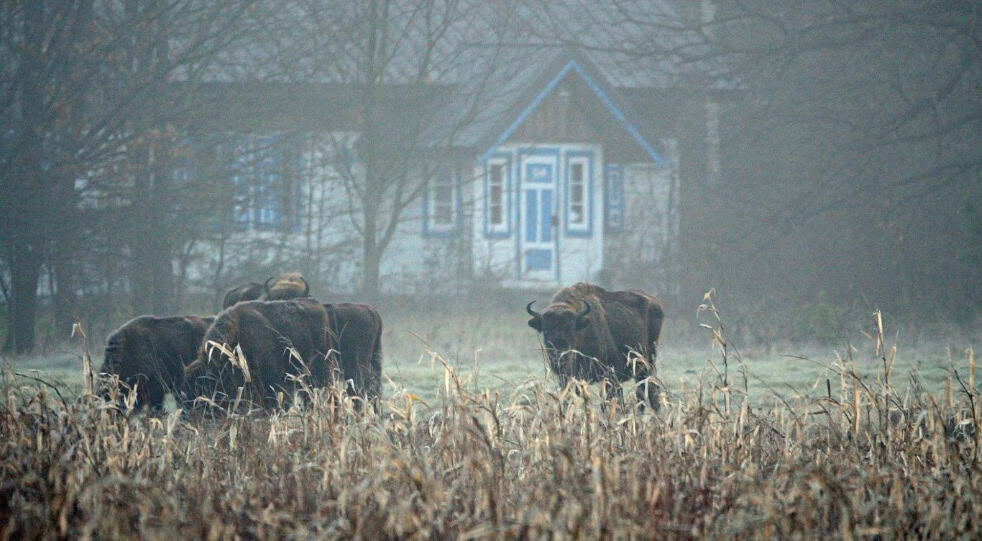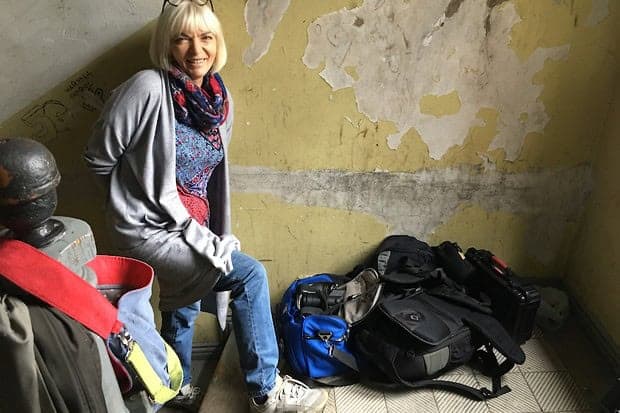In her latest documentary, Forest (Las, 2024), acclaimed Polish director Lidia Duda presents a deeply human narrative set against the backdrop of the European refugee crisis. The film delves into the lives of Asia and Marek, a couple who, along with their three children, sought solace in the Białowieża Forest near Poland's eastern border. Their tranquil existence is disrupted as they confront the moral complexities of aiding refugees traversing the perilous terrain near their home.
A Family's Sanctuary Turned Crossroads
Asia and Marek envisioned a life of harmony with nature, raising their children—Marysia, Ignacy, and Franek—in the serene expanse of Europe's oldest forest. Their days were filled with beekeeping, gardening, and observing wildlife, fostering a deep connection with their environment. However, the forest's tranquility is shattered when they encounter refugees, primarily from the Middle East and Africa, seeking passage through the dense woods into the European Union.
The family's initial surprise evolves into a moral dilemma as they grapple with the decision to assist these individuals, despite legal prohibitions and potential repercussions. Their choice to provide aid underscores the tension between humanitarian impulses and the constraints imposed by national policies.
Children's Perspectives: Innocence Amidst Turmoil
Duda's narrative places significant emphasis on the children's viewpoints, capturing their unfiltered reactions to the unfolding crisis. Their candid observations reveal a profound understanding of compassion and justice, challenging the often rigid frameworks of adult decision-making. This focus on youthful innocence serves to highlight the innate human capacity for empathy, even in the face of complex socio-political issues.
Visual Storytelling: Contrasts of Light and Shadow
Cinematographer Zuzanna Zachara-Hassairi employs a visual dichotomy to accentuate the film's themes. Daytime scenes are bathed in warm, natural light, symbolizing the family's idyllic life, while nighttime sequences adopt a more somber tone, reflecting the uncertainty and fear associated with the refugees' plight. This contrast reinforces the film's exploration of the dualities present in the human experience—safety and danger, peace and conflict, self-preservation and altruism.
Director's Vision: Lidia Duda's Commitment to Human Stories
Lidia Duda, born in Tychy, Poland, in 1958, is renowned for her documentary work that often centers on personal narratives within broader societal contexts. Her previous films, such as Fledglings (2022) and Entangled (2012), have garnered international acclaim for their sensitive portrayal of complex human experiences. In Forest, Duda continues this tradition, offering an intimate look at a family's confrontation with moral ambiguity and the consequences of their choices.
Critical Reception and Accolades
Forest has been recognized for its poignant storytelling and ethical depth. The film received the Silver Alexander at the Thessaloniki International Documentary Festival and multiple awards at the Millennium Docs Against Gravity Festival, including the Main Award in the Polish Documentary Competition and the Amnesty International Award.
Through Forest, Lidia Duda invites viewers to contemplate the complexities of moral responsibility in times of crisis. The film serves as a testament to the power of individual choices and the profound impact of compassion, even when faced with legal and societal challenges. It underscores the importance of empathy and the enduring human spirit in navigating the ethical landscapes of our time.




0 comments